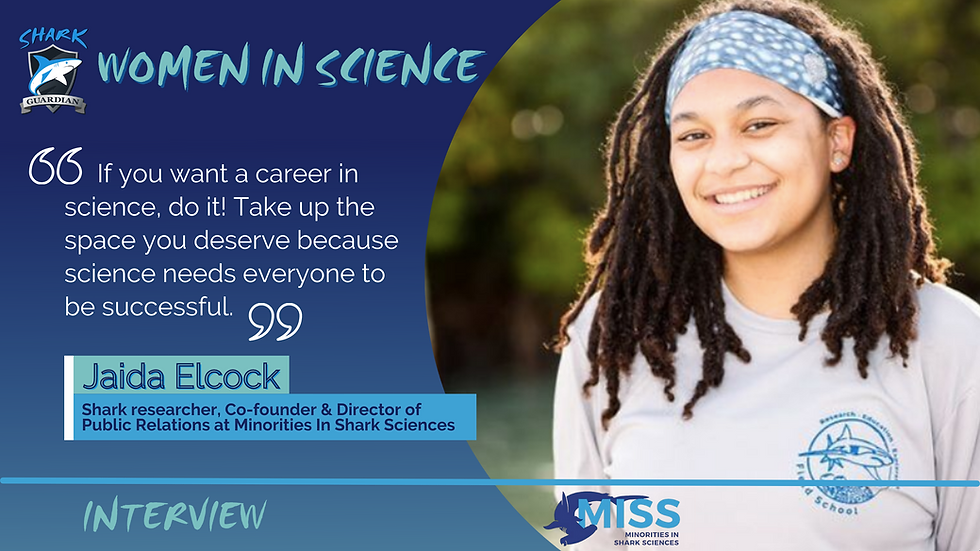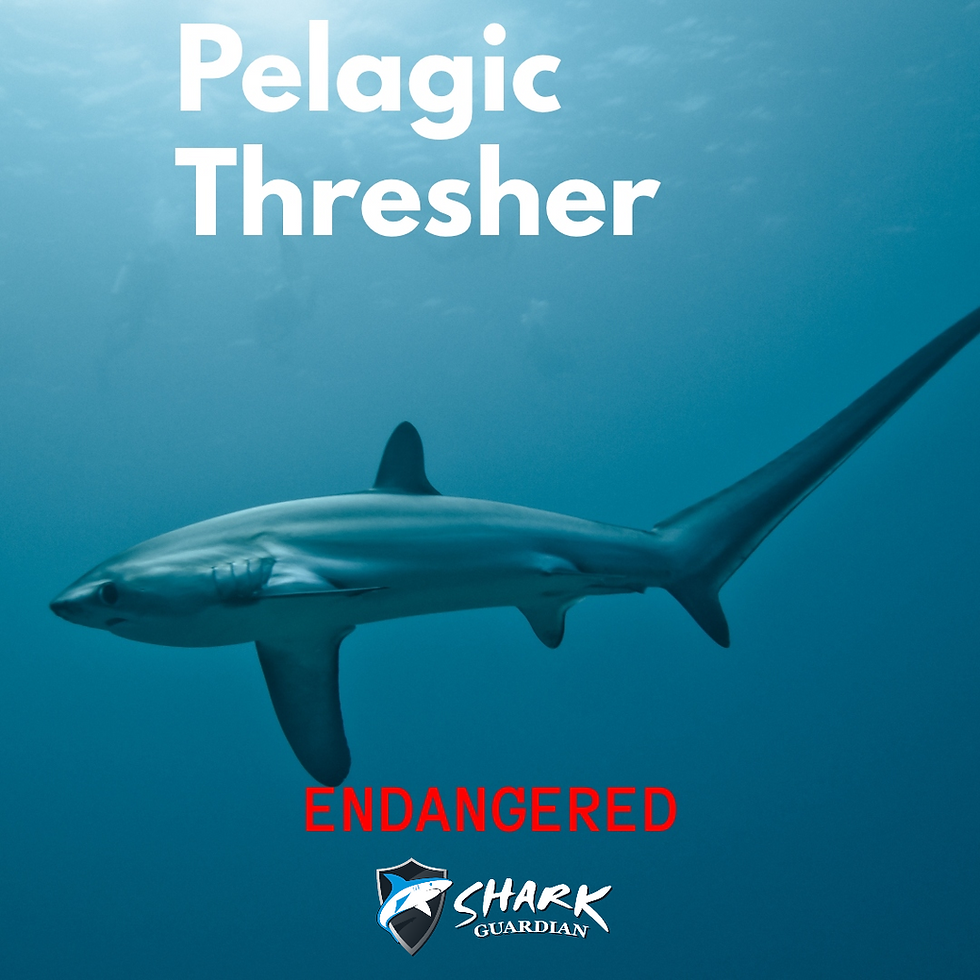
Jaida is the Director of Public Relations for MISS and is a PhD student in the MIT-WHOI Joint Program. She is studying shark movement ecology with a particular interest in migratory elasmobranchs. Jaida is incredibly passionate about helping other underrepresented students get into marine sciences.
Q1. Can you tell us about the path that led to your current job role?
The path that got me where I am today has a few twists and turns but I’ve always been so grateful for all the opportunities I’ve had in science!
Jaida grew up in the desert in Arizona and also went to undergrad there. Despite being landlocked, the passion still grew. Starting as an intern at OdySea Aquarium she then went on to do some undergraduate research with Dr. Alice Gibb at Northern Arizona University. This was followed by an internship at Friday Harbor Labs (FHL) in Washington and lab technician work at Howard University with Dr. Stacy Farina. And finally, she transferred with her advisor across the country to the MIT-WHOI Joint Program for her PhD in Biological Oceanography.
Q2. Did you always want to be a marine biologist growing up?
Growing up I knew I wanted to work with animals in some way. I wasn’t sure what that would look like until high school when I had decided sharks would be my focus! Once I learned how misunderstood they are and how important they are for our oceans, I knew that’s what I wanted my focus to be.

Q3. What was one of the best experiences you had that was directly due to your career?
Swimming with whale sharks about 100 miles off the coast of Massachusetts in the Northeast Canyons and Seamounts Marine National Monument (I usually just call it the Canyons)! We had to get in the water to tag them and it was the most incredible experience I’ve had in the ocean!
To be able to see the largest species of shark on the planet in its natural habitat, to simply exist in the same space with it peacefully for a few minutes, and to just be one with nature was very refreshing, especially during a time that’s so uncertain with the state of the pandemic.
Q4. Tell us about some of the experiences you’ve had with sharks?
When I was an intern at the aquarium, I was able to spend lots of time with our sharks and really get to know their personalities! One of the sharks ended up splashing us new interns on our first day on the job. It was hilarious and almost seemed like she was showing us who’s boss at the aquarium!
Q5. We have to ask; do you have a favorite shark?
YES! The thresher shark! Their tails are gorgeous and it’s a shark that hunts with its butt. What more could you want!

Q6. Do you have a role model you’d like to share with us?
Honestly, my role models are my parents. My mother has taught me to be a strong, independent woman who speaks her mind and stands up for what she believes in. My father has taught me the beauty of my melanin and has helped me be confident as a Black woman. Both have taught me the importance of following my passion and creating for myself a career that will bring me joy.
Q7. Have you had any unexpected experiences thanks to your career path?
Because of my science communication I have been able to meet (both in person and virtually) some really amazing people including Hank Green and Dr. Silvia Earle!
Q8. Do you have any advice for other women who are dabbling with the idea of a career in science?
We have people telling us, whether directly or indirectly, that we don’t belong in science and that can be so hard to push past. But I refuse to let someone stop me from doing the things I love most in this life. If you want a career in science, do it! Take up the space you deserve because science needs everyone to be successful.

Q9. Do you think under-representation was a stumbling block for yourself or others entering the field of science?
I think it definitely has been a road block for many, but I don’t think it was for me. I grew up in predominantly white spaces so I was very used to not seeing myself represented. I grew up in a house where I was told I could be anything I wanted and I wanted to be a scientist. So, while I didn’t see much representation of people like me, I had the support of the people I loved most and that was what mattered most. Plus, I’m very stubborn so if I’m told by the world that I can’t do something because I’m a queer Black woman, I’m going to do it 10x harder!

Q10. Do you recall any other women in your specific field before entering it? If so, how was your relationship with them?
I remember some amazing mentors I had in marine science. Kayla Hall, Karly Cohen, Dr. Stacy Farina; these women helped shape my path through science and I cannot thank them enough for it. In the field of shark science more specifically, I really only knew Jasmin before I started graduate school. Then I met Carlee and Amani and now we know hundreds more because of MISS and I cannot be more grateful to be a part of such an incredible community of women and gender minorities of color in this field.
Q11. What are the biggest challenges facing girls and women of color within science and research?
Lack of representation is a big one. How is someone supposed to know they are welcome in a space when they don’t see anyone like themselves in that space? Also, funding. Not everyone can afford to do an unpaid internship or pay for experience. And they shouldn’t have to.
Q12. Would you be comfortable recalling any experiences of blatant sexism or racism in the workplace?
As a science communicator who is open about my identity and my job on the internet, I get a lot of bad comments. Things like “you’re barely Black” because I am biracial. Or “but Black people can’t swim, how are you supposed to work in the ocean?”. I’ve even gotten comments about how women aren’t strong enough to handle a shark in the comments section of a video that includes a picture of me (safely) restraining the tail of a shark during a workup. I remember getting similar comments in undergrad when people asked me about my career goals. It gets on my nerves but I have more important things going on in my life so I try to simply ignore comments like that. I am simply too busy to deal with negativity from ignorant people.
We hope that you found Jaida’s interview inspiring and encouraging.
You can see more from Jaida on her:
Instagram: @sofishtication_
Twitter & TikTok: @ soFISHtication (There are some super fun and educational shark vids there!)
Instagram: @miss_elasmo
Join our next MISS live chat on March 18th at 7:30pm EST / 7:30am March 19th Thai time. If you haven’t checked it out already and want to know more about MISS then check out our other blog post about their incredible organization.







Comentarios